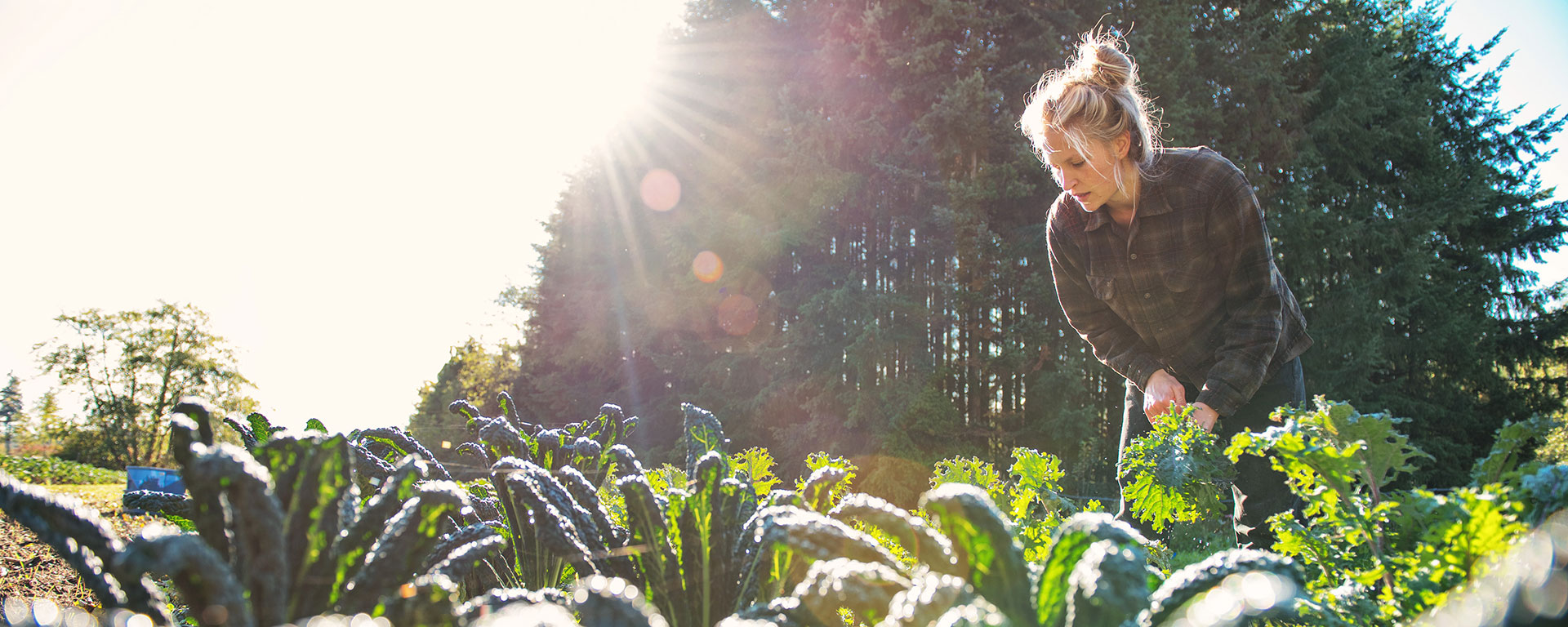
INTEGRATED STUDIES IN LAND & FOOD SYSTEMS (MSc, PhD)
You’re leveling up, taking your food systems studies to new heights. UBC’s master’s and doctoral degree programs in Integrated Studies in Land and Food Systems (ISLFS) acknowledge the fact that food isn’t grown, packaged, consumed, disposed of — or understood — in one single way. That’s why our program integrates knowledge and expertise across disciplines and industries. UBC’s ISLFS graduate programs push you to learn more, to contribute to the global body of knowledge in land and food systems, and to develop sustainable solutions for a more whole and healthy world.
PhD: Integrated Studies In Land and Food Systems – Doctor of Philosophy – Postgraduate / Graduate Degree Program – UBC Grad School
MSc: Integrated Studies In Land and Food Systems – Master of Science – Postgraduate / Graduate Degree Program – UBC Grad School
What you need to know
The Integrated Studies in Land and Food Systems programs provide opportunities for students to broaden their knowledge base and gain more advanced research experiences. ISLFS students work on diverse and often interdisciplinary research areas that address priority food systems questions and challenges ranging in scope from food production, processing, distribution,
access, consumption and dietary practices, to the management of food waste. Applied research projects in ISLFS often address sustainable solutions to food systems challenges that may address environmental, economic and social dimensions of food systems.
Arguably the most important challenge for the world community in the 21st century is global food security: our ability to create a sufficient, healthy, safe, culturally relevant and economically accessible food system for everyone. Sustainable food systems will require more than technological advances, and must integrate economic, social and environmental relationships, thus involving community, land and food systems. New solutions will demand that researchers and policy makers approach the task differently from in the past. We can no longer expect solutions to come from a single discipline.
The Integrated Studies in Land and Food Systems graduate program offers you the opportunity to focus on such key complex issues. It encourages you to use holistic approaches that integrate knowledge from across disciplines to find solutions relevant to diverse communities.
The Integrated Studies in Land and Food Systems program (ISLFS) is for graduate students wishing to work within emerging interdisciplinary fields.
Admission is in accordance with requirements set by UBC’s
Faculty of Graduate and Postdoctoral Studies. Application to the ISLFS is not restricted to students with a degree in one of the disciplines in agricultural sciences or agroecology. Successful applicants can come from any recognized
university degree program, and this diversity is reflected in the current graduate students enrolled in the program.
Prospective students should consult the general LFS Graduate Admissions page for more information. Application deadlines for MSc/PhD applicants:
- For September start date, the deadline is January 1, the same year.
- For January start date, the deadline is June 1, the year before.
- For May start date, the deadline is September 1,the year before.
Master’s students will complete and present their research proposal along with most of their courses within the first year of their program. Normally they will be expected to defend their dissertation at the end of their second year. Doctoral
students will usually complete coursework and their candidacy exam within three years, and the defense of their doctoral dissertation in their forth or fifth years. The minimum course requirements for master’s degrees are 30 credits, of which
at least 18 must be numbered 500 and above. A maximum of 6 credits at the undergraduate level in courses numbered 300 to 499 may be counted toward the requirements of a master’s degree. The MSc research thesis (LFS 549) is 12 credits.
Coursework, selected in consultation with the student’s supervisory committee, includes graduate courses in Land and Food Systems and from other areas relevant to each student’s research. Please consult the UBC Calendar for course timetable details. Outline of program(s) for typical students (details of the required courses can be found here):
MSc
- LFS 500 (3)
- electives (15) in consultation with the student’s advisory committee
- LFS 549 (12)
Total Credits 30
PhD
- LFS 500 (3)
- LFS 649 (0)
Students are expected to demonstrate a strong competency in methodologies and may, therefore, be required to take additional coursework.
Examinations
- a comprehensive examination for PhD students
- defense of the thesis for PhD and MSc students
Faculty Members
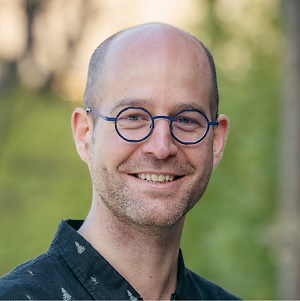
Dr. Jean-Thomas Cornelis
Assistant Professor, Soil Science
My primary research objective is to apply the knowledge of soil science for the purpose of suggesting sustainable management of ecosystems: increasing the resistance and resilience of soil-plant systems while decreasing human-induced pressures on the environment.
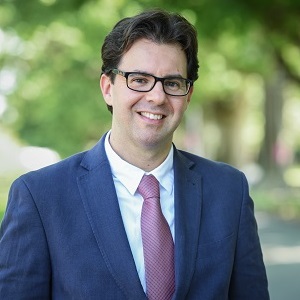
Dr. Matias E. Margulis
Associate Professor, Food and Resource Economics (jointly appointed with the School of Public Policy and Global Affairs)
My research examines the global governance and politics of agriculture and food security. I am particularly interested in the interaction among states and non-state actors, including business, civil society and international organizations, in shaping and contesting the rules governing how food is produced, distributed and consumed across borders. Specific areas where I have expertise include global food security, agricultural trade, the WTO Agreement on Agriculture, global land governance, certification of agricultural commodities, and the human right to food.
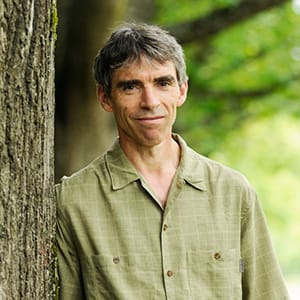
Dr. James Vercammen
Professor, Food and Resource Economics (jointly appointed with the Sauder School of Business)
My primary area of research is the economics of agri-environmental contracts. This includes the efficient design of agri-environmental payment schemes, incentives for conservation with asymmetric information and conservation easements for the preservation of farmland. Other research areas include commodity futures markets and agricultural credit markets. An emerging research area is the measurement of productivity growth in Canadian agriculture.
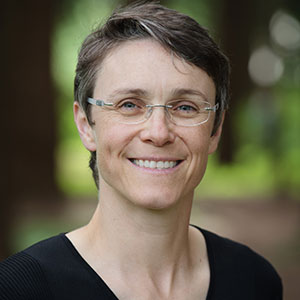
Dr. Carol McAusland
Professor, Food & Resource Economics
My current research investigates how the environmental impacts of international trade vary depending on the underlying motive for trade, be it consumers’ quest for novel product varieties or firms’ need for cheap inputs. I am also examining the implications of skilled labor migration for the global provision of public goods.
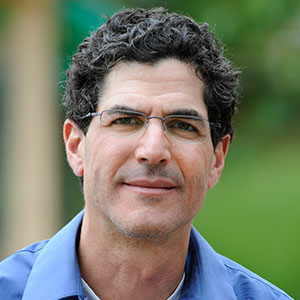
Dr. Andrew Riseman
Associate Professor, Applied Biology and Plant Breeding
Ornamental plant breeding, plant tissue culture technologies, biotic and abiotic stress resistance.
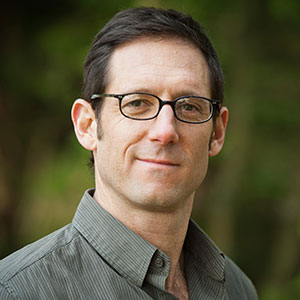
Dr. Sean Smukler
Associate Professor, Applied Biology & Soil Science and Director of the Centre for Sustainable Food Systems at UBC Farm
Agricultural landscape ecology, biodiversity, ecosystem services, sustainable development
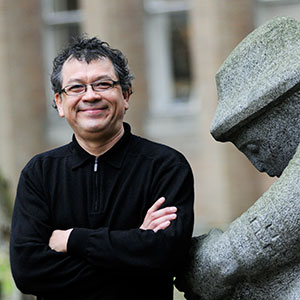
Dr. Eduardo Jovel
Associate Professor
Ethnobotany, mycology, natural product chemistry and Aboriginal health.
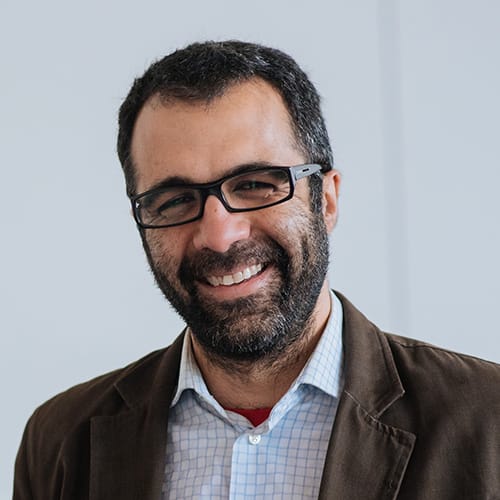
Dr. Sumeet Gulati
Professor, Food and Resource Economics
Alongwith my co-authors I ask: at their modest values, do carbon taxes reduce gasoline consumption? Do they encourage people to buy fuel efficient vehicles? Do older consumers, especially women, perform better or worse while negotiating a price for a new car? What are the economics of car sharing—like Car2Go, and Evo? And what explains the autonomous emergence of electric rickshaws in India?
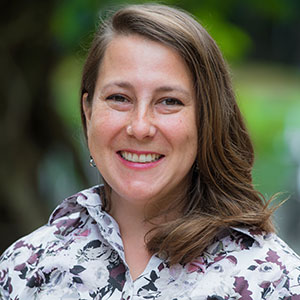
Dr. Juli Carrillo
Associate Professor
Plant-Insect Ecology & Evolution Lab
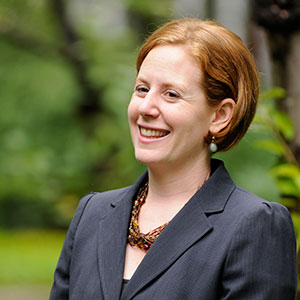
Dr. Jennifer Black
Associate Professor, Food, Nutrition and Health
My research focuses broadly on the social determinants of health and dietary choices. I am interested in how attitudes and behaviours related to eating, cooking, food selection, body image and body weight status are shaped by socio-cultural and neighbourhood-level factors.
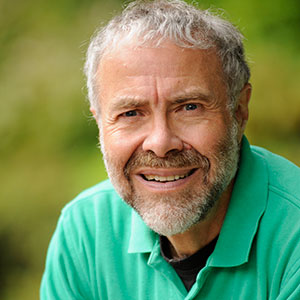
Dr. Richard Barichello
Professor, Food and Resource Economics
Regulated agricultural markets and farm quotas, world food markets, trade policy, poverty alleviation, food security, rural-urban linkages (note - only considers students with a strong background in economics or agricultural economics)
Collaborations
Campus partners- UBC Sustainability Initiative (USI)
- Centre for Sustainable Food Systems at UBC Farm
- The Orchard Garden
- Think&EatGreen@School
- British Columbia Ministry of Agriculture
- The Vancouver Fruit Tree Project
- Vancouver Food Policy Council (VFPC)
- Canadian Association for Food Studies
- Bits and Bytes
- Farm Folk/City Folk
- BC Food Systems Network
- Food Secure Canada
- Earth Policy Institute
- Worldwatch Institute
- Food and Agriculture Organization (FAO) of the United Nations
- IDRC Agriculture & Environment
- Michael Pollan – Author
Got Questions?
Where Can a Graduate Degree in Integrated LFS Studies Take You?
Graduates of the Integrated Studies in Land and Food Systems MSc and PhD programs have developed careers with:-
- government organizations and NGOs creating policy on food security and food sovereignty;
- community gardens;
- large- and small-scale agriculture firms;
- education and school nutrition advisory boards; and
- poverty outreach organizations, as well as many others.
- Elaine Anderson, PhD (2009) oversees environmental initiatives at nine federal prisons, and works with her staff to encourage and implement sustainable practices within Correctional Services Canada.